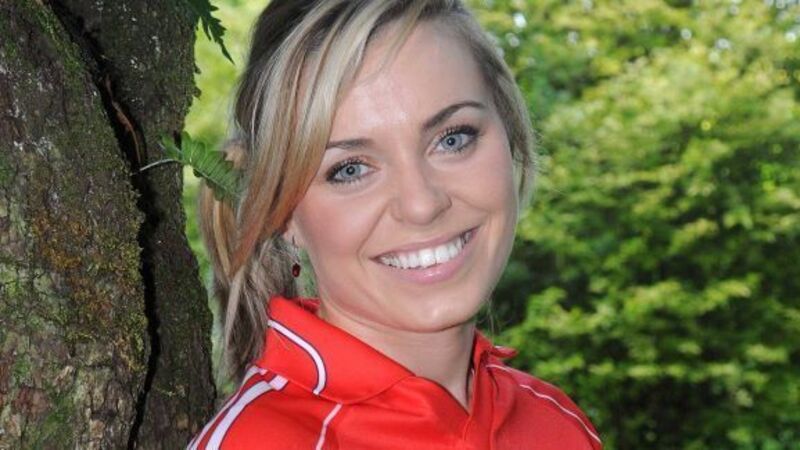Rebel Rose keeps busy

But her success isn’t confined to camogie.
Last weekend, she was crowned Cork Rose and is already been talked up as a strong contender to claim the Rose of Tralee sash and tiara next August down in the Kingdom.
Try from €1.50 / week
SUBSCRIBEBut her success isn’t confined to camogie.
Last weekend, she was crowned Cork Rose and is already been talked up as a strong contender to claim the Rose of Tralee sash and tiara next August down in the Kingdom.
Already a subscriber? Sign in
You have reached your article limit.
Annual €130 €80
Best value
Monthly €12€6 / month
Introductory offers for new customers. Annual billed once for first year. Renews at €130. Monthly initial discount (first 3 months) billed monthly, then €12 a month. Ts&Cs apply.
CONNECT WITH US TODAY
Be the first to know the latest news and updates
Newsletter
Latest news from the world of sport, along with the best in opinion from our outstanding team of sports writers. and reporters
Thursday, February 12, 2026 - 4:00 PM
Thursday, February 12, 2026 - 4:00 PM
Thursday, February 12, 2026 - 5:00 PM
© Examiner Echo Group Limited